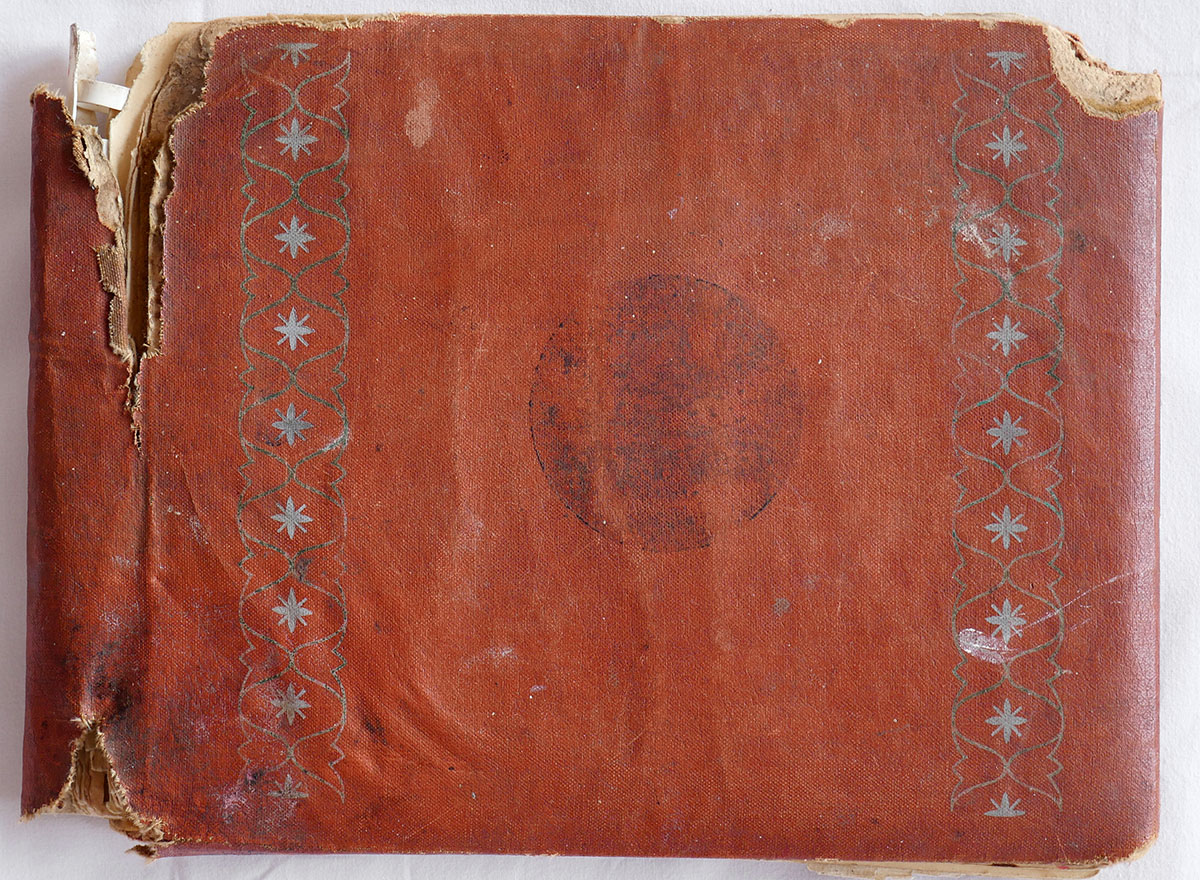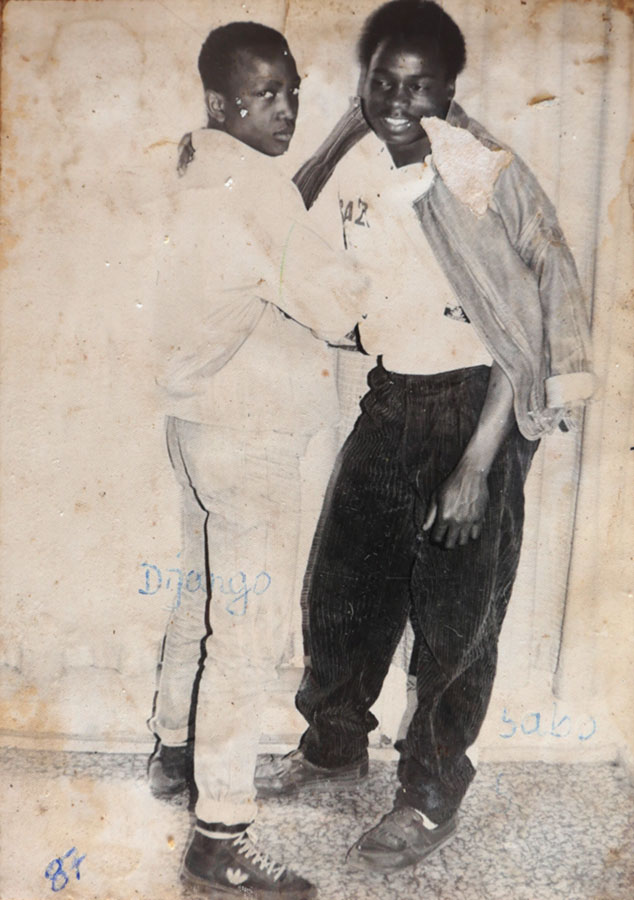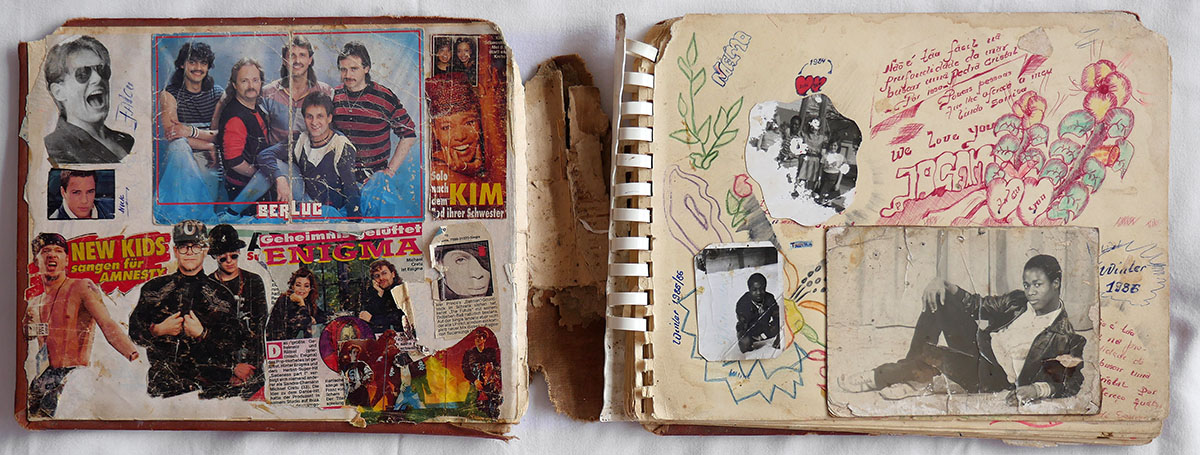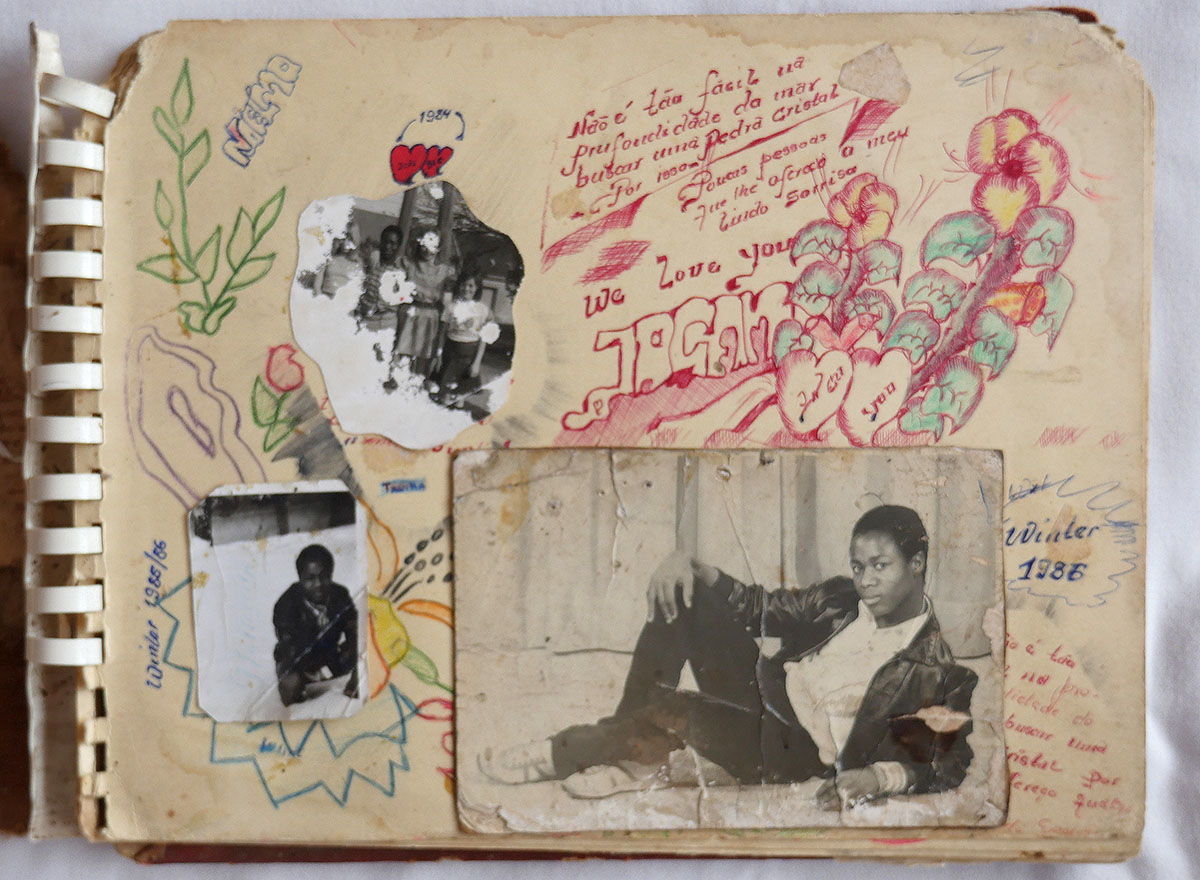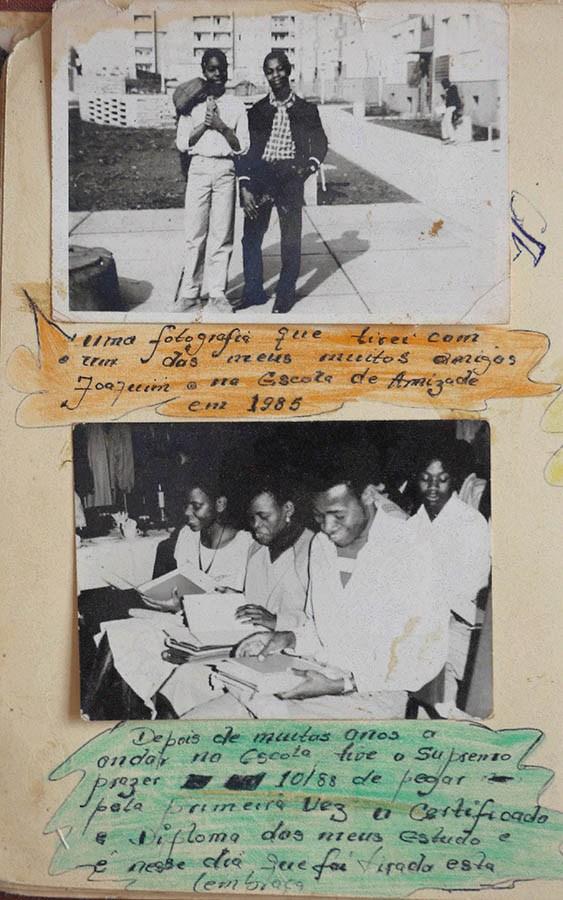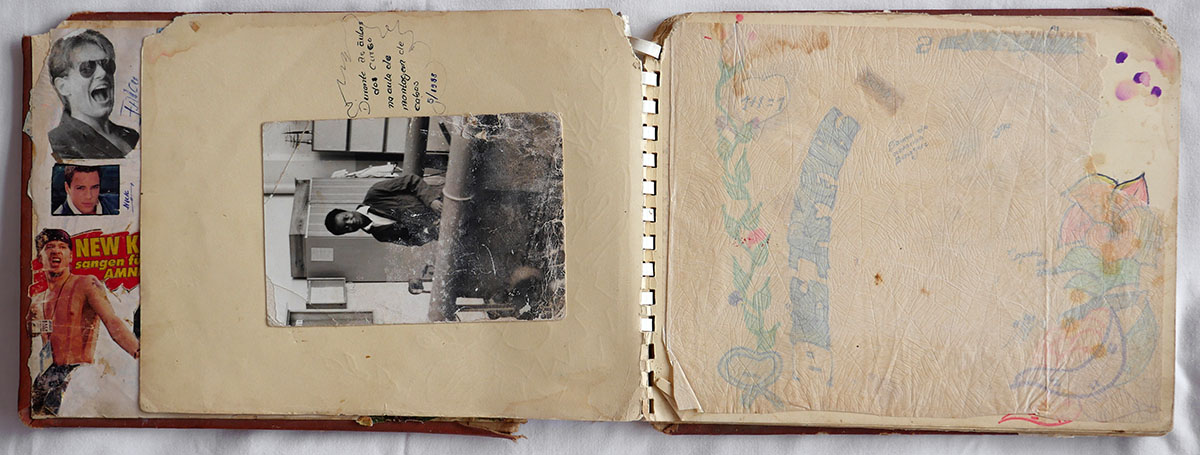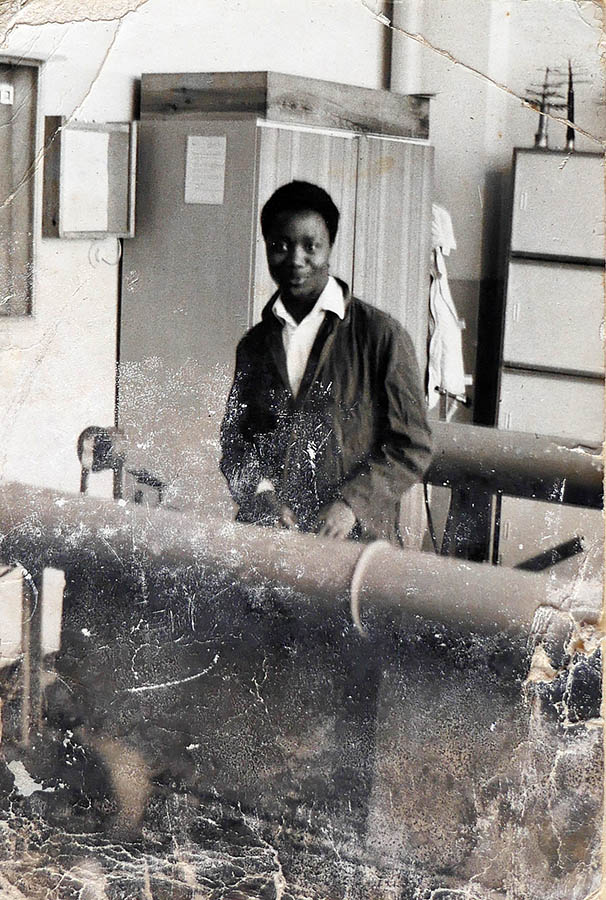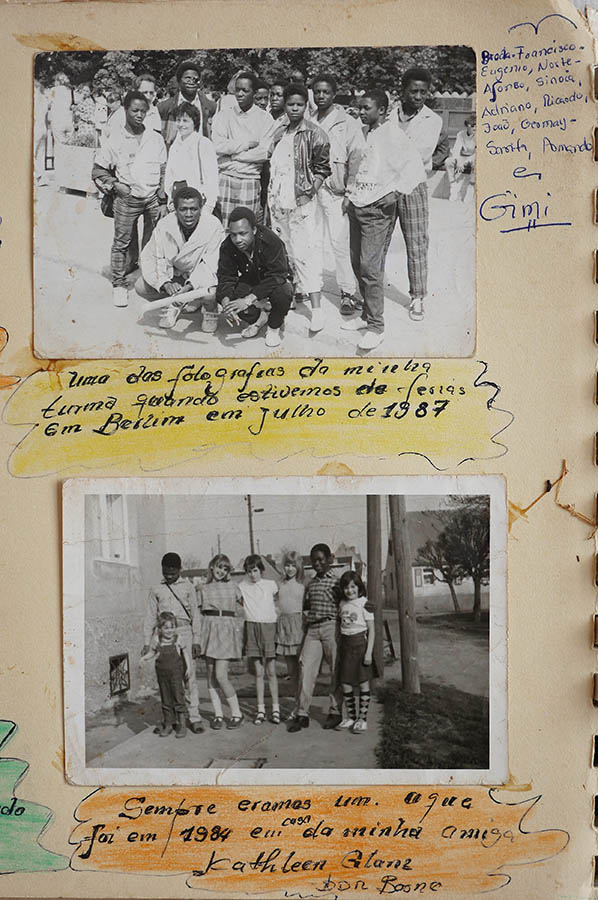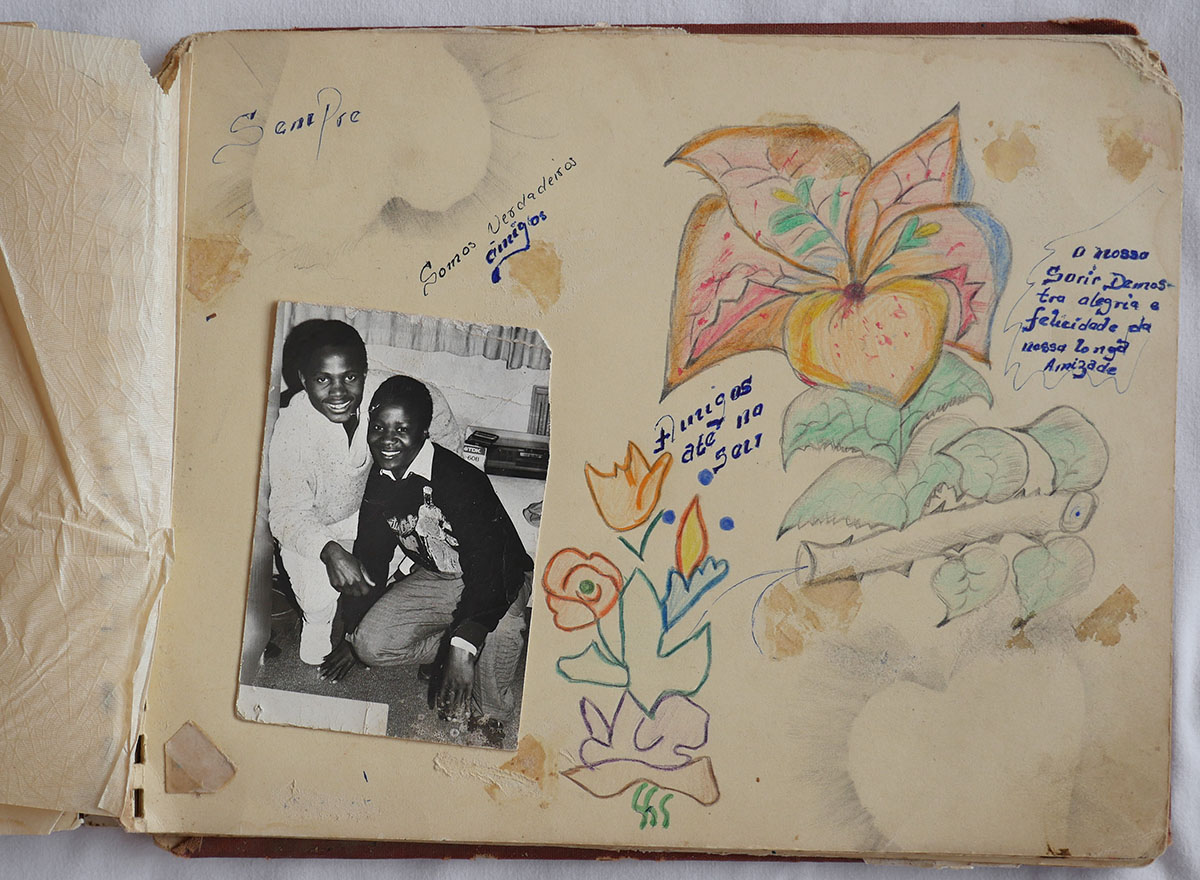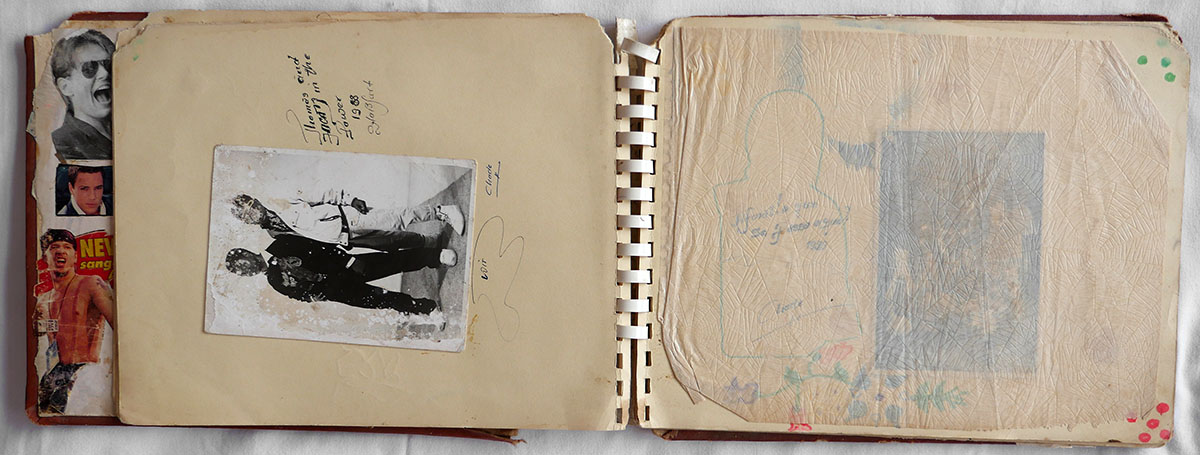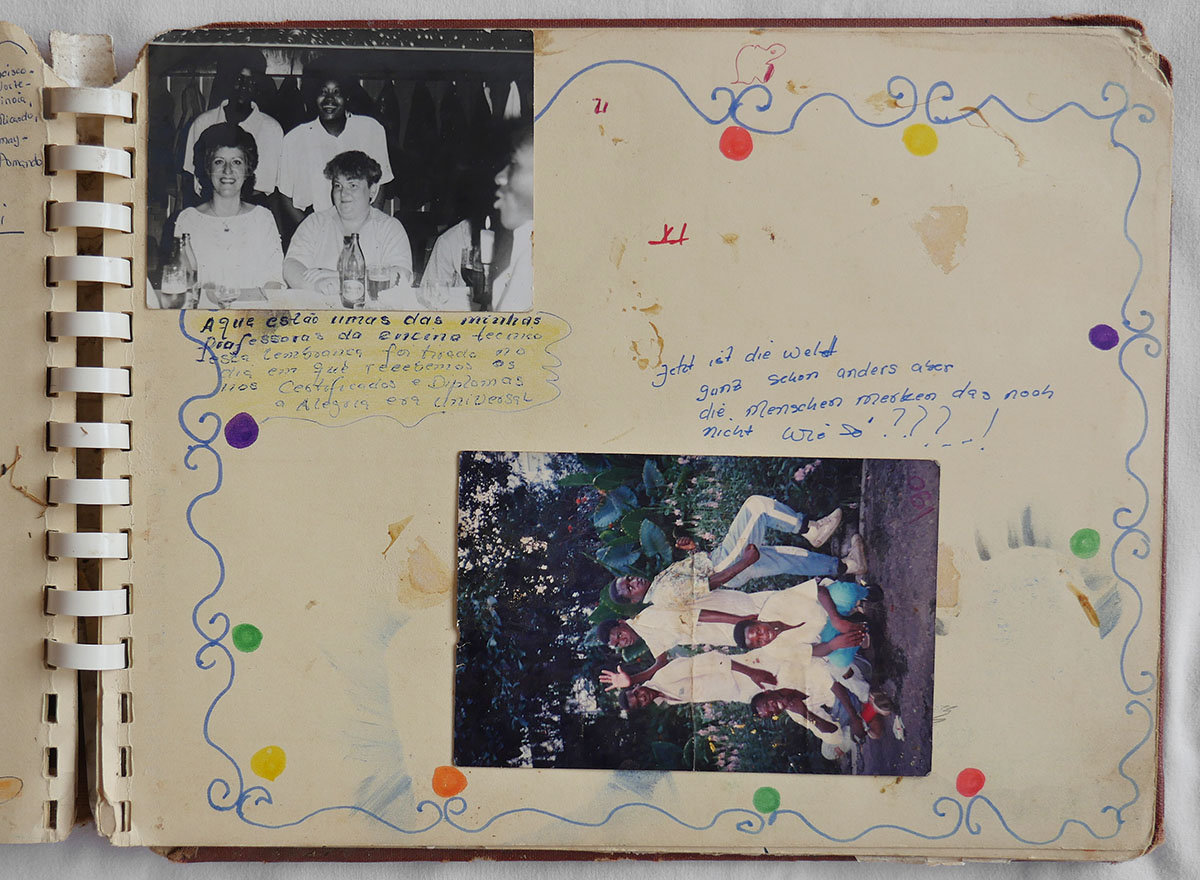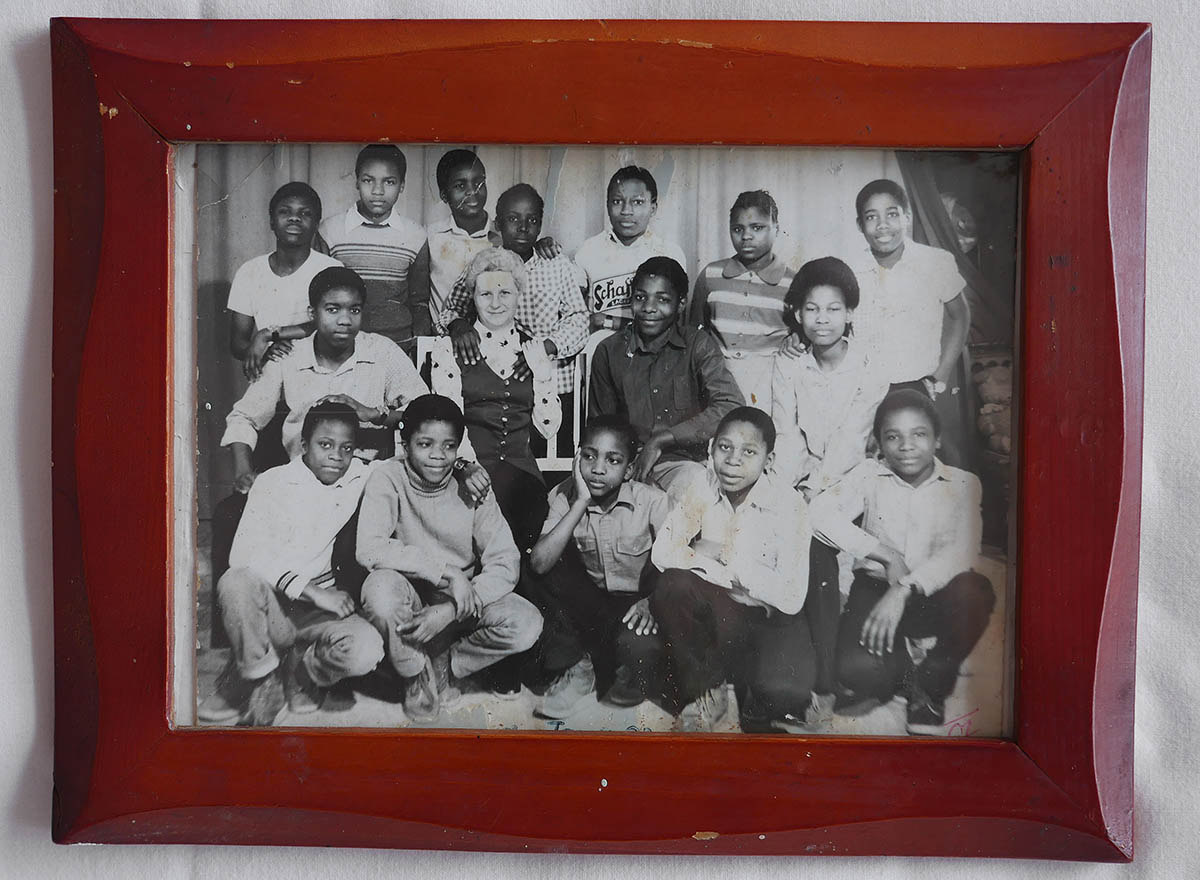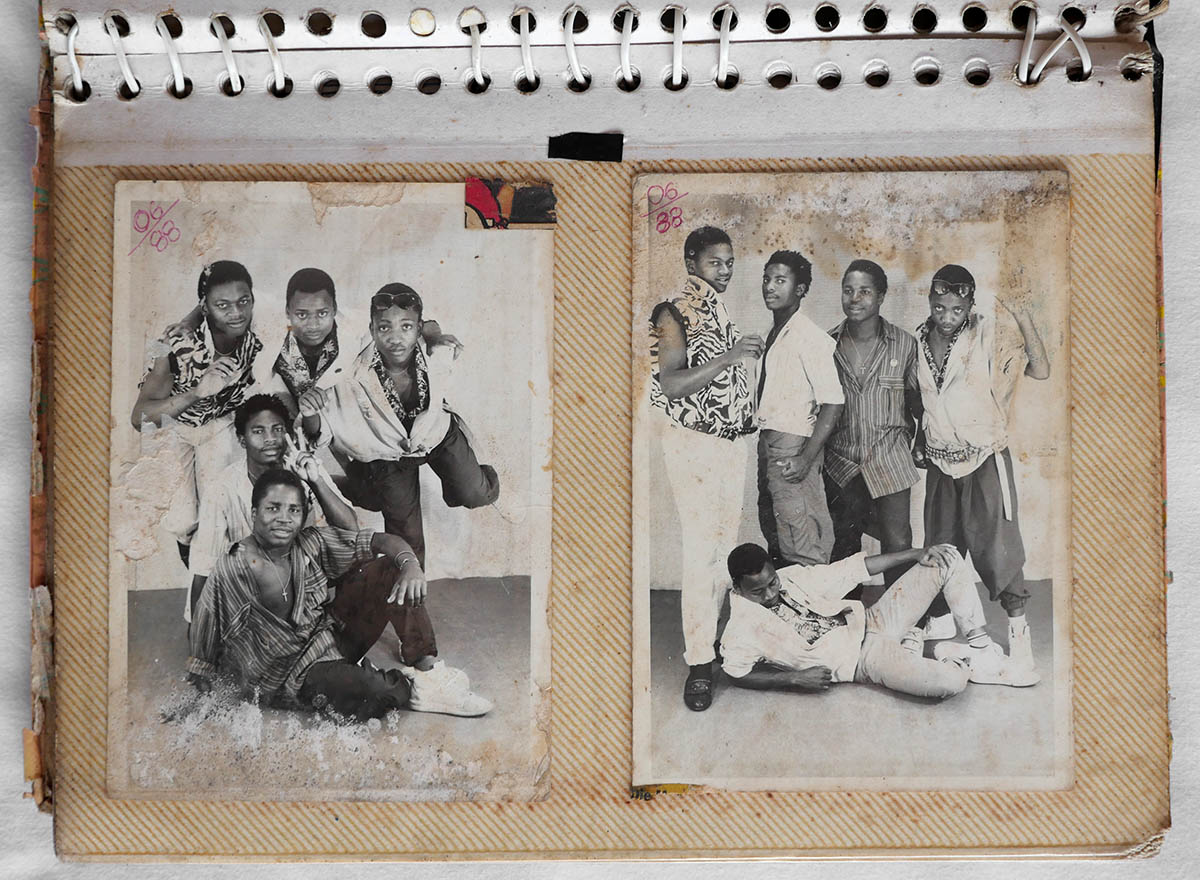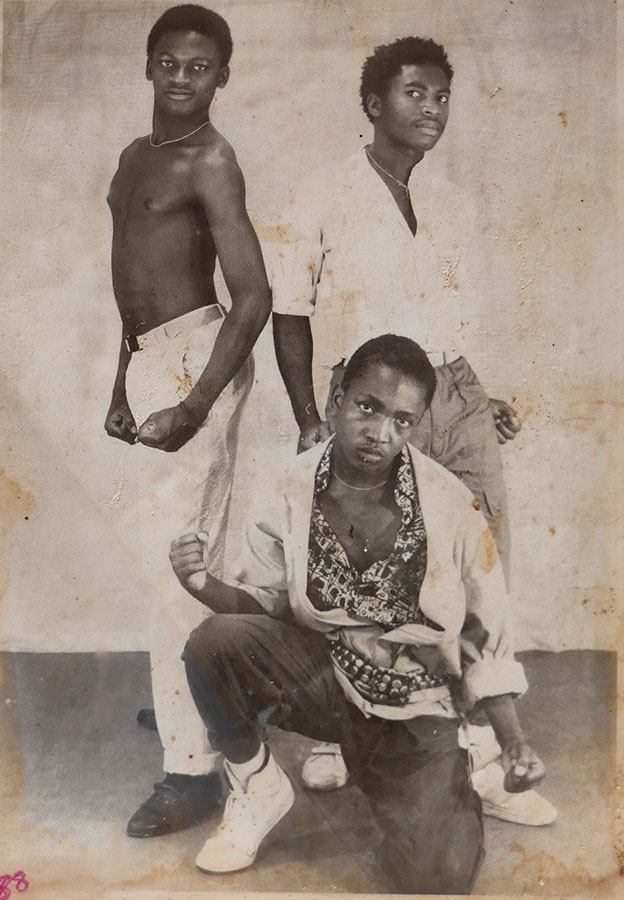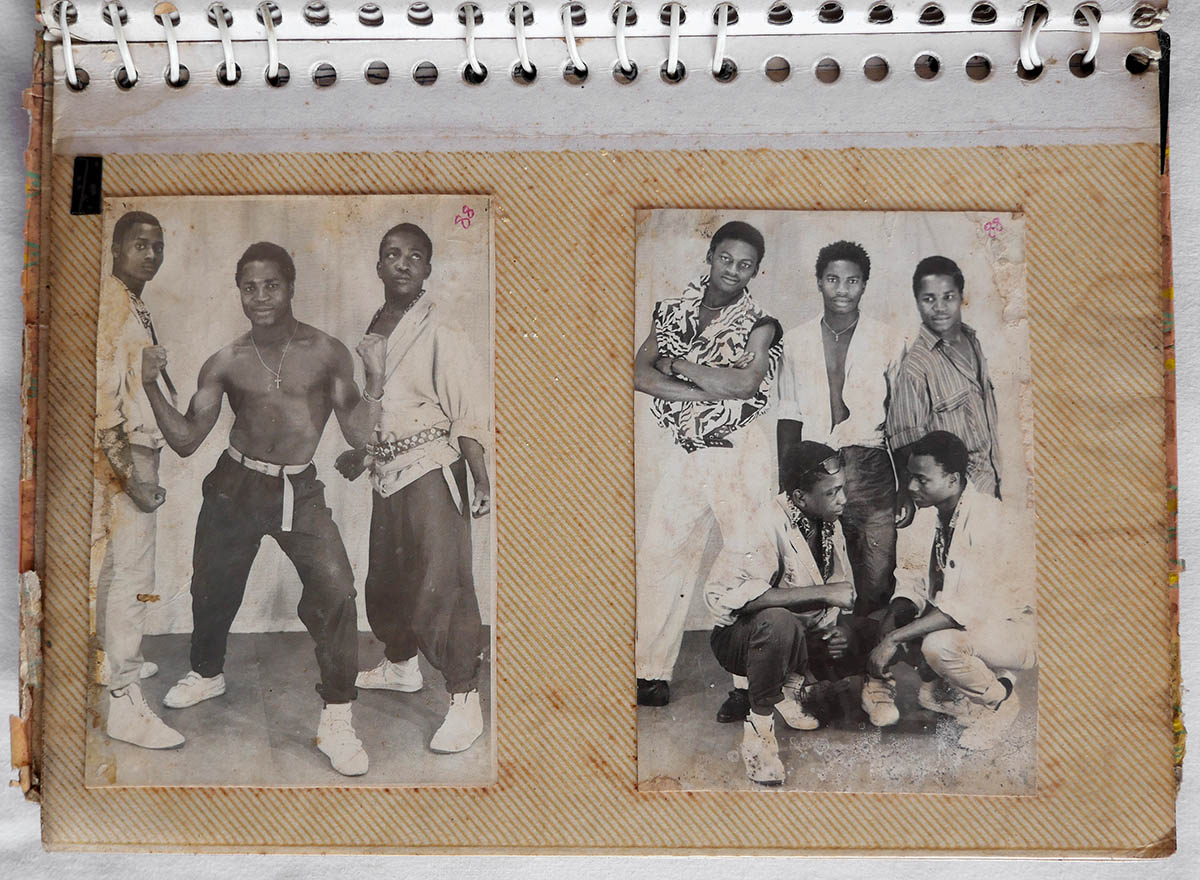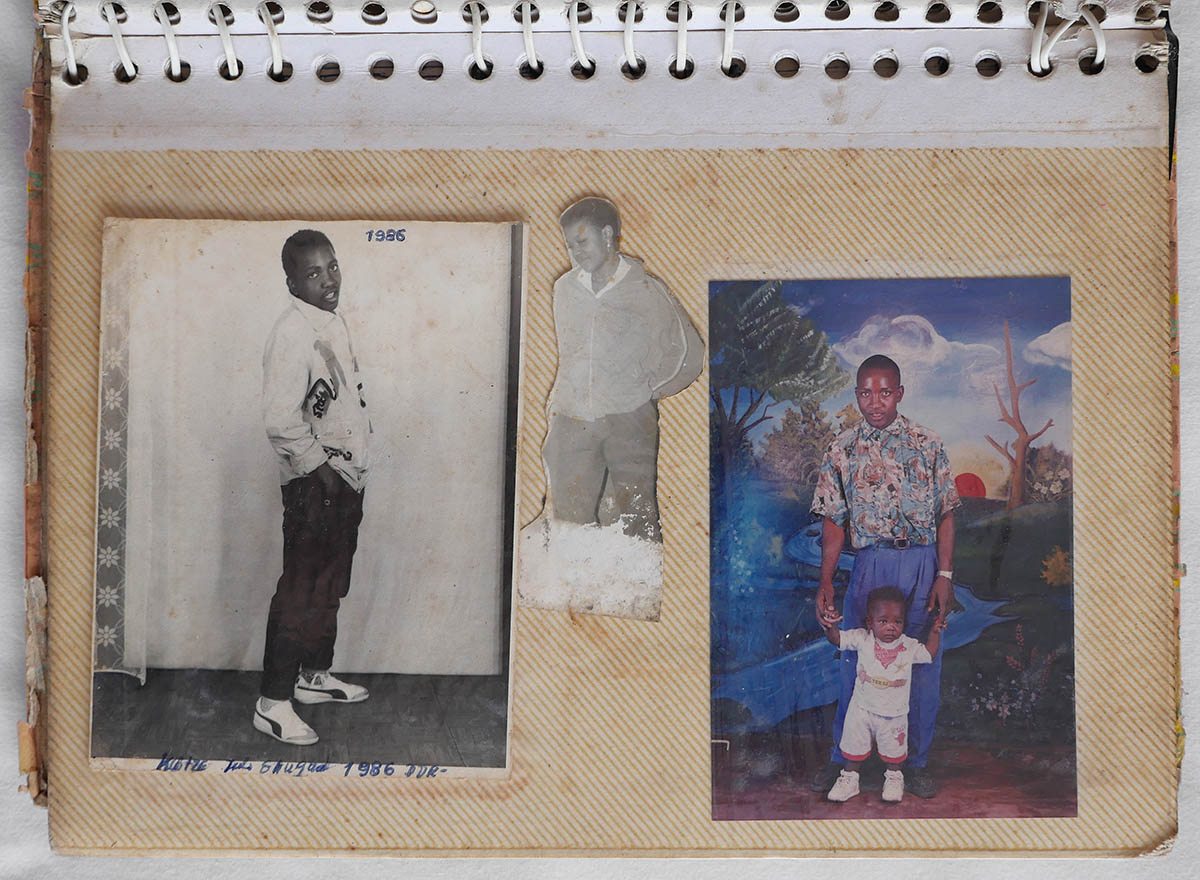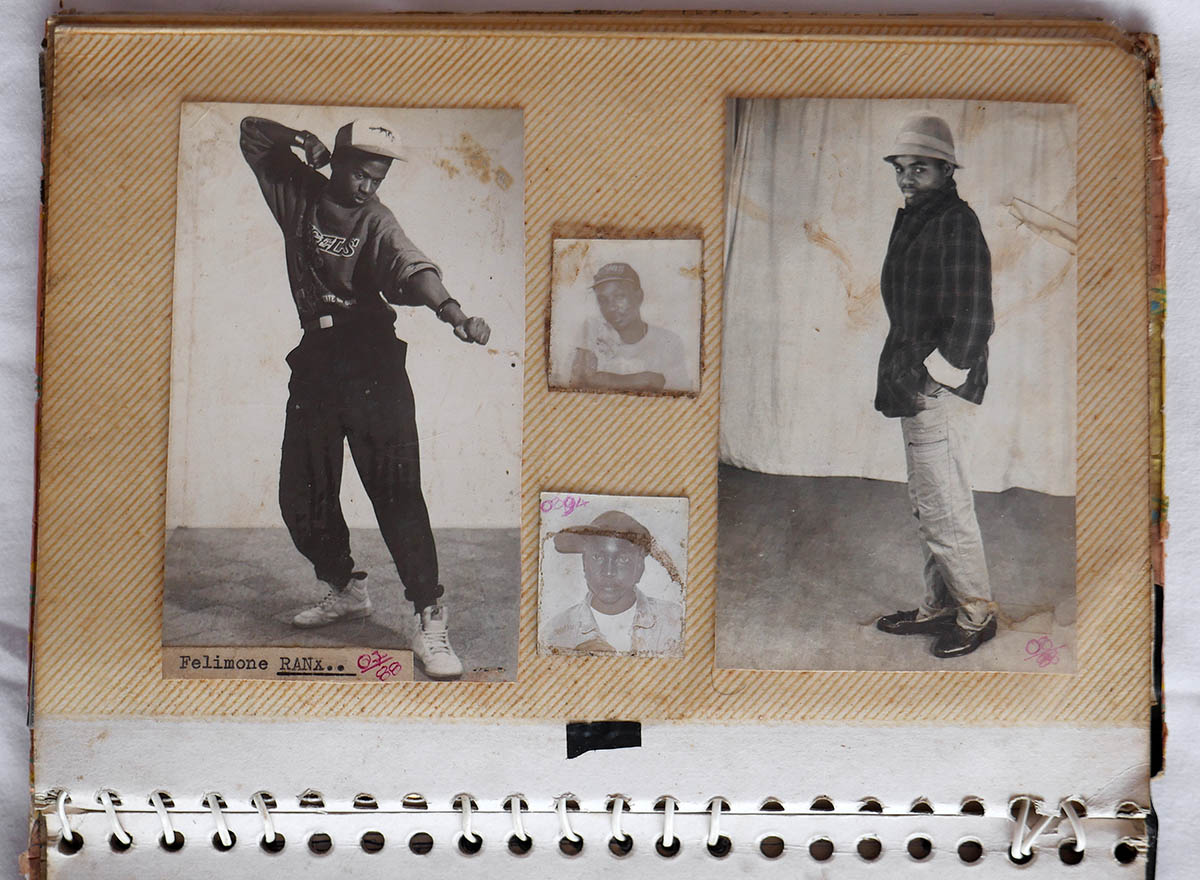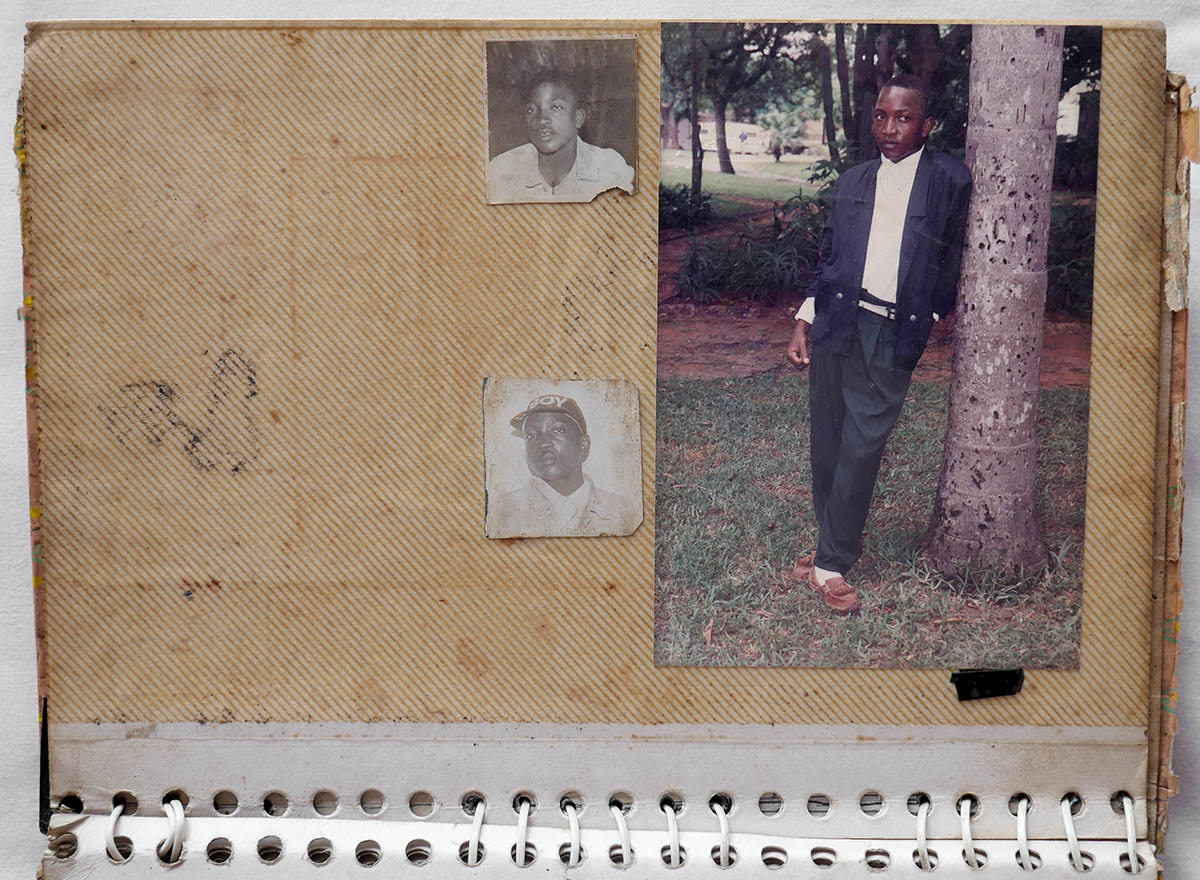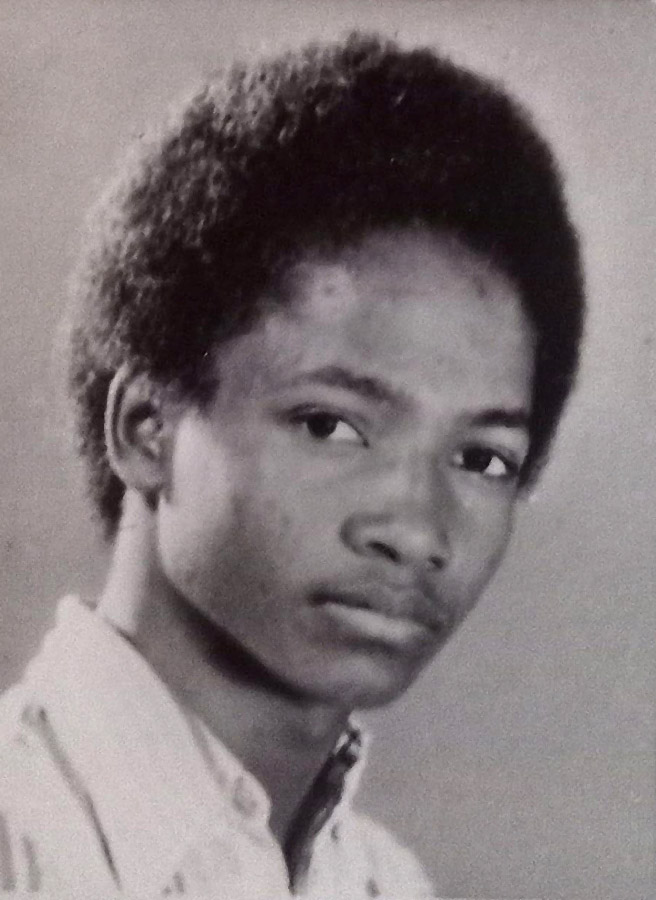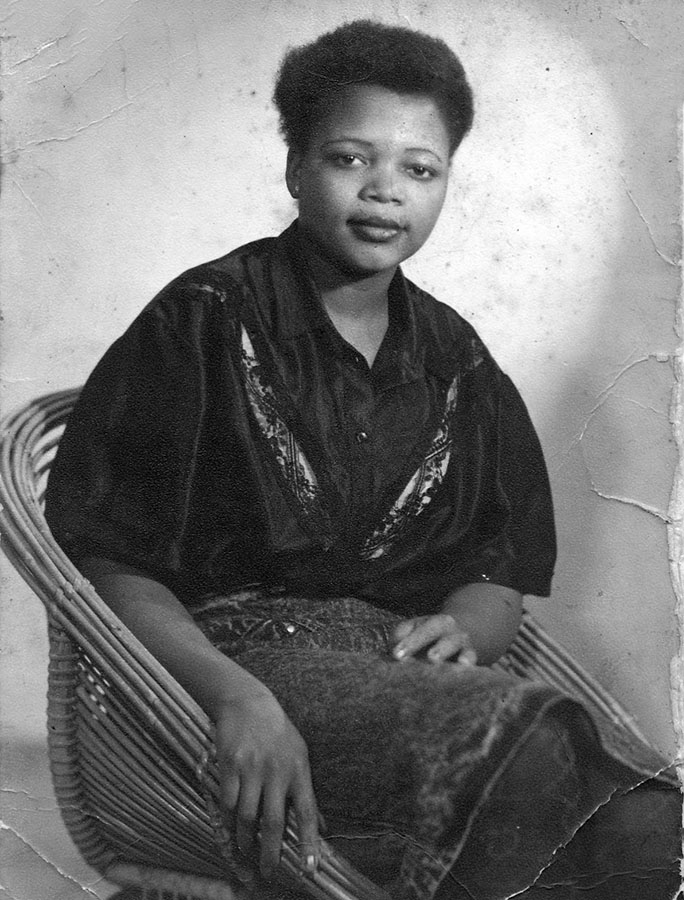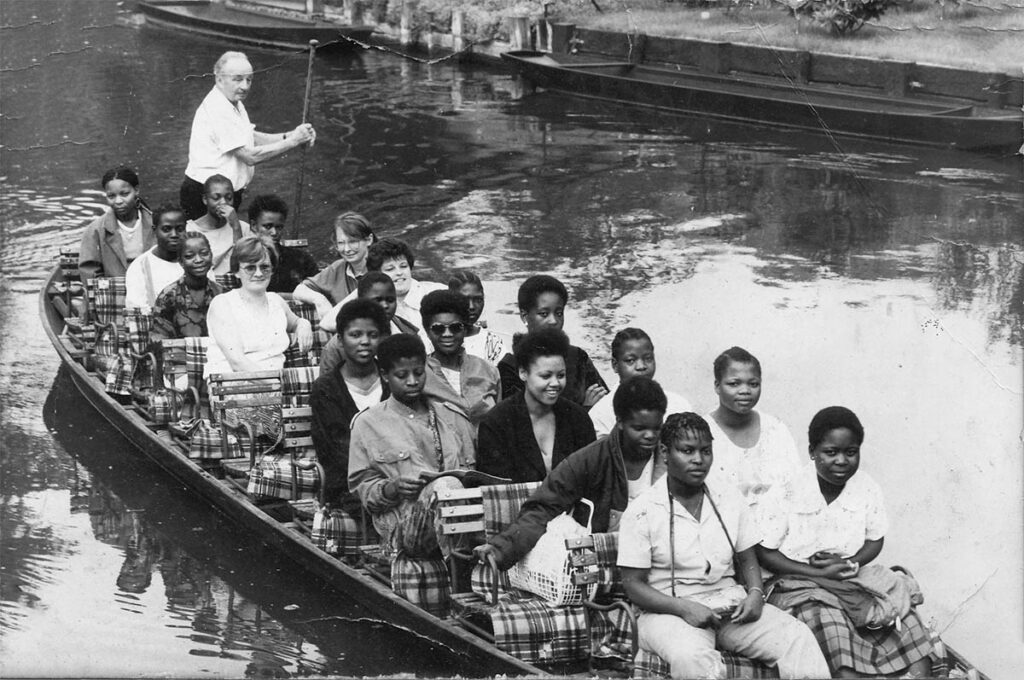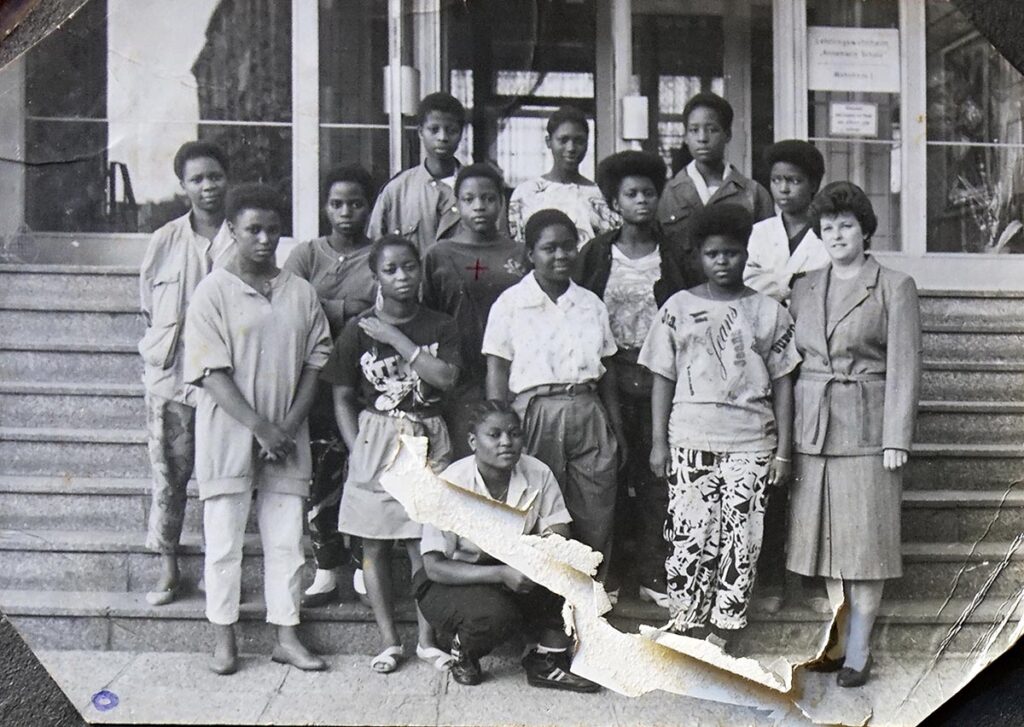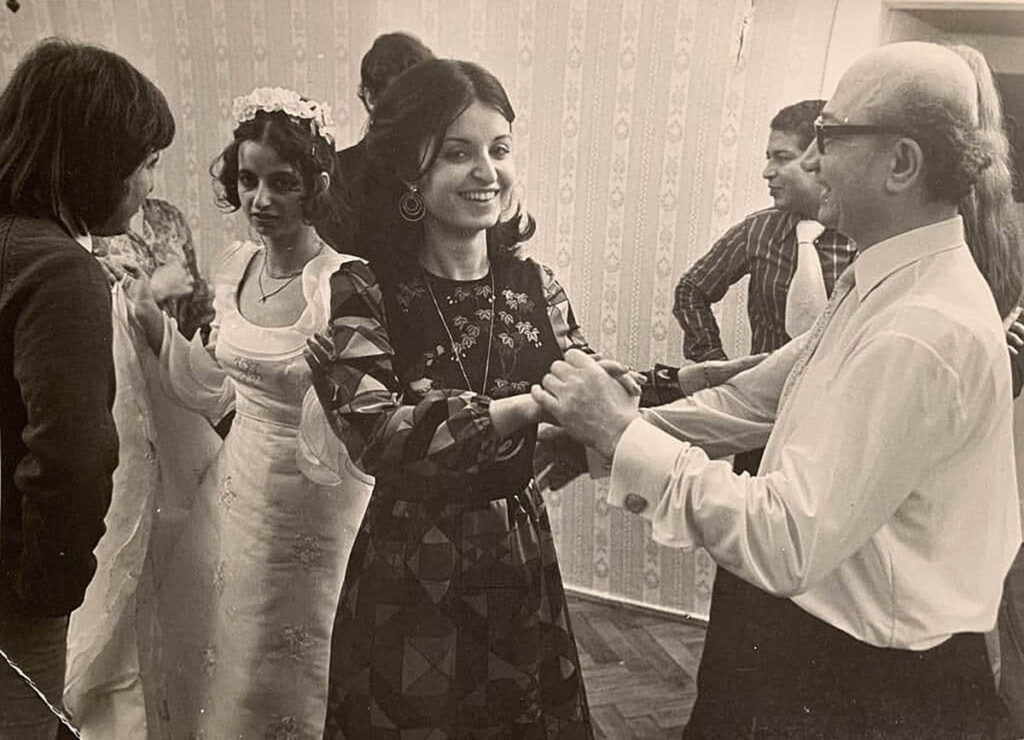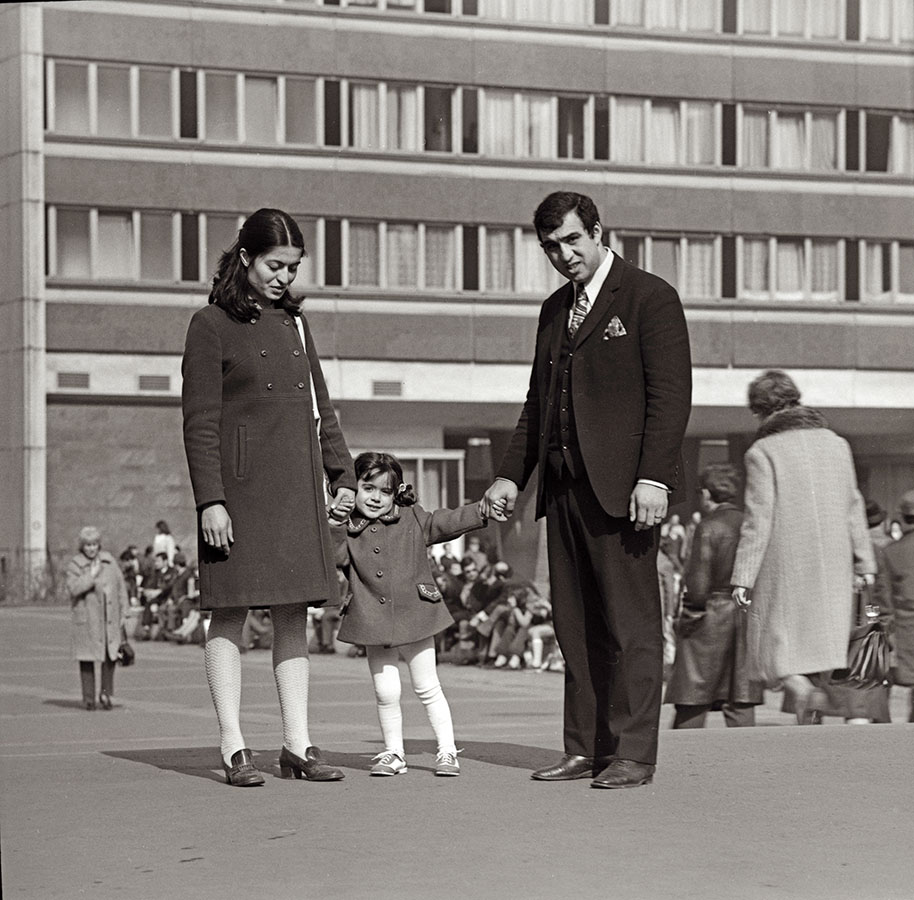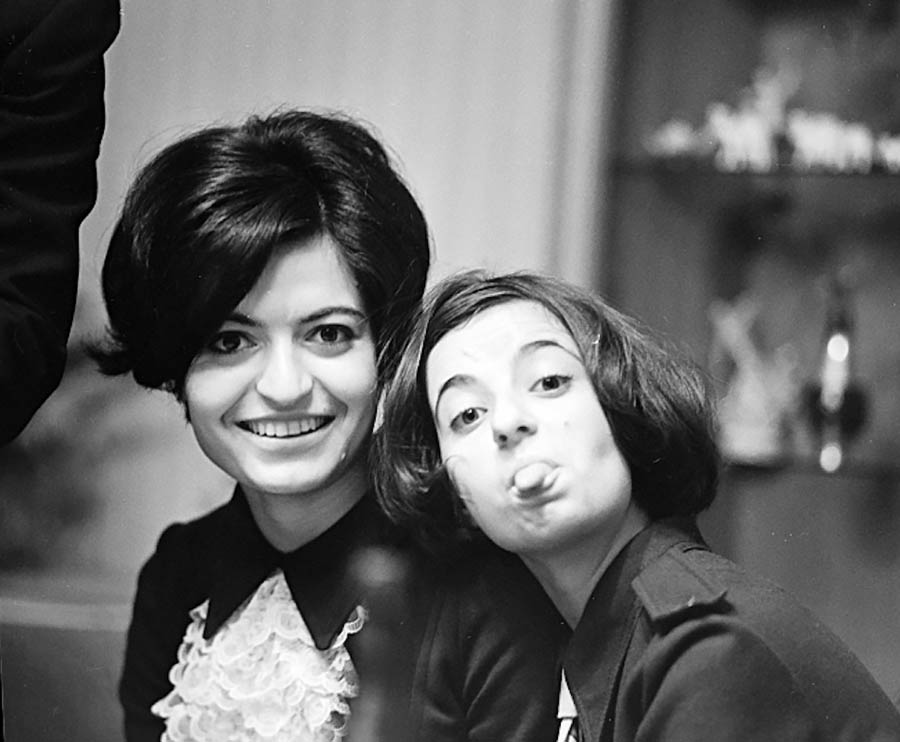Tomás Django
Tomás Django is a child of the 1980s. Breakdancing and the early days of hip-hop inspire the youngster from Mozambique. For six years, he attends the School of Friendship in Staßfurt and completes his vocational training in the GDR. Immediately afterwards, he and the other nine hundred Mozambican youths must leave the country. They are sent back to Maputo and drafted into the army there, in the midst of the civil war.
Selected for the GDR
At the age of eleven and on top of his school, Tomás Django is selected for an education in the GDR. At first, his mother is not thrilled; she has difficulties with the separation. Tomás too often cries during the first weeks of the preparatory period in a boarding school in southern Mozambique. There he gets to know the other children, who will fly together with him to the GDR. They come from all over the country, from different ethnic groups and cultures. More than forty indigenous languages are spoken in Mozambique. “There we were all equal,” he recalls, “creating peace and harmony.”
In August 1982, the journey finally begins for then twelve-year old Tomás. Before their departure the children get outfits, and for the first time Tomás receives a new pair of shoes. To this day, he still remembers his feelings during the landing at Berlin-Schönefeld Airport.
We were sitting there on the plane and were so important. It was a beautiful moment.
Tomas Django, Maputo 2021
Tomás Django talks about his family in Mozambique and the welcome he received when he arrived in Staßfurt.
School as an experiment
The School of Friendship [1] is a prestige project of the Mozambican and East German governments. It is intended to demonstrate the much-publicized socialist people’s friendship. Nine hundred Mozambican children between the ages of twelve and fourteen are sent to a specifically built school, including boarding, in Staßfurt. There they are told that they are something special, that a lot of money is being spent on their education, so that later they can assume leadership positions in building up their country. For the first class photo everyone goes to the photo studio of Karin Marzahn.
Socialist youth culture
In Staßfurt, the Mozambican children live in the closed cosmos of the boarding school. They [only] have contact with Germans during visits to their sponsor families. Sometimes sponsor classes or delegations of the FDJ visit the school. Independent friendships with German children hardly ever develop. Their everyday life is subject to strict rules.
Summer camps and disco afternoons
For Tomás Django, the first trip to summer camp in 1983 is a special experience. Children from different countries meet here, the atmosphere is international and appreciative. “Even a kid from capitalist West Germany was there,” Tomás remembers. “We were able to show our culture and enthuse the others,” he relates.
Sometime later, weekly disco events are organized at school. German teenagers are only allowed to attend in groups, and always under adult supervision. But as the teenagers turn into young adults, they can no longer be so easily controlled.
Breakdancing at the Roxy
Tomás Django and his clique have long since been dancing to their own music. The film Beat Street introduces breakdancing and hip-hop to the GDR. In 1985, the film is also screened in the cinema in Staßfurt, electrifying the young people. The students organize a Roxy Club and dance battles like in Beat Street in the school basement. Secretly, they spend their nights in front of the radio, tape-recording the latest songs. With a new youth club opening up next to the school emerges a place that also young German attend. The students ignore the boarding school’s exit controls and simply climb over the fence. On the dance floor, the Mozambican young men are unbeatable. Their outfits are hand-made. Tomás and his friends pose enthusiastically in front of their classmates’ cameras from the photo club.
Tomás Django talks about fashion and individual style and remembers the hostilities and envy of some GDR citizens.
The murder of Carlos Conceição
Many Germans regard the School of Friendship project with suspicion. There are rumors that provisions in the boarding school are better than those of the population. Outside the school, the Mozambicans are increasingly exposed to racist hostilities. During the night of 19 to 20 September 1987, seventeen-year-old Carlos Conceição, a classmate of Tomás, is insulted during a disco visit, attacked, and pushed over a bridge railing on his way home. Divers find his body the next day. A single perpetrator is later sentenced to five years in prison in a non-public trial. The students are instructed to keep quiet about the murder. “To this day, no one has told us exactly what happened,” says Tomás Django. [2]
Dispatched to the civil war
Following school, Tomás Django moreover completes training as an agricultural machinery fitter. After that, the young people must return to Mozambique. They don’t know what awaits them there. Four days before Christmas, on 20 December 1988, Tomás Django lands in Maputo. Like many others, he is sent straight from the airport to the army camp. The country is ravaged by civil war. Tomás does not know where his parents are. It will take another year before he sees his mother again.
No recognition
In Mozambique the political situation has changed: the school diplomas and training certificates from the GDR are not acknowledged. The returning students do not receive any support. Their GDR education is now rather considered a flaw. What remains are the photo albums and the memories.
It took me a while to perceive the value of the pictures. Now I can show them to my children. That is a treasure for us.
Tomás Django, Maputo 2021
For the past twenty years, Tomás Django has been working as a security guard in a large hotel resort and lives in Maputo.
Credits:
Catarina Simão conducted the interview in Maputo in 2021.
Text: Julia Oelkers
Research and research protocol photos: Catarina Simão, Julia Oelkers
Video edting concept: Julia Oelkers
Footnotes:
- In 1979 the GDR and the People's Republic of Mozambique agree on extensive cooperation, including sending children to East Germany for schooling as well as young adults for professional qualification (contract workers/workers-trainees). More information: https://vertragsarbeit-mosambik-ddr.de/hintergruende/ Paulino para RDA — Mozambique, the GDR and the home in the West: https://www.youtube.com/watch?v=MiK-oG0llRY The School of Friendship in Staßfurt 1982: https://www.youtube.com/watch?v=GuKY881n0dU
- On the occasion of the 40th anniversary of the School of Friendship in the summer of 2022, former students approach the municipality of Staßfurt with a request for a commemorative plaque for Carlos Conceição. The cultural committee rejects this in September 2022. (See Mitteldeutsche Zeitung, 25.11.2022)
